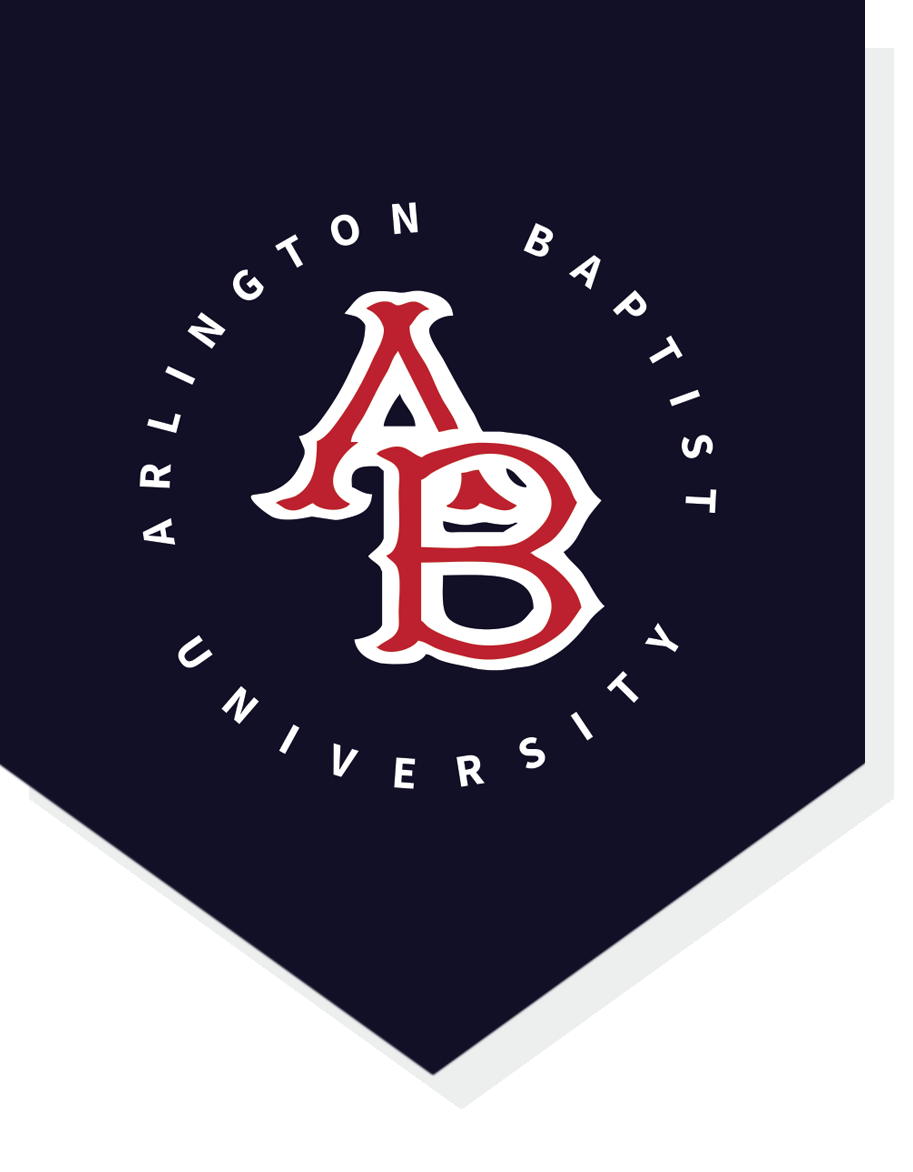The overall objective of these guidelines is to facilitate the safe return of our students, faculty, staff, and guests to the campus by implementing measures designed to safeguard against the contraction of COVID-19. Accordingly, we have developed a viable plan that offers safe and flexible options for participation in classes and activities in compliance with government directives, public health guidance and higher education best practices.
ALL CAMPUS BUILDINGS
As mandated by local government guidelines, masks MUST BE WORN by all students, faculty, staff, and guests when entering any ABU building and when social distancing is not possible.
As new students arrive to the campus, they will be required to complete a COVID-19 survey and temperature check.
Students, faculty, staff and guests will be expected to sanitize their hands when entering and existing all campus buildings.
Classrooms
Masks MUST BE WORN by all students, faculty, staff, and guests when social distancing is not possible.
Classrooms will be configured to accommodate students for social distancing using individual desks and chairs.
Off-campus students will be required to have their temperature checked as they arrive on campus.
CAFETERIA
The cafeteria will be configured for social distancing and the meals will be take-out style.
Students, faculty, staff and guests will be expected to sanitize their hands when entering and existing the cafeteria.
DORMS
Students will be expected to sanitize their hands when entering and exiting the dorm.
Temperature checks will be conducted each evening.
TOURS/GUESTS
All guests scheduled for campus tours must follow local government requirements for face covering and adhere to the social distancing requirements.
MISCELLANEOUS
Students who test positive for COVID will be asked to go home for quarantine and remote instruction will apply.
We will furnish one suite per dorm for immediate quarantine until the student(s) can go home.
In the event of a widespread outbreak of COVID, we would move on-campus classes to remote learning.
Helpful Websites
Center for Disease Control
https://www.cdc.gov/coronavirus/2019-ncov/prevent-getting-sick/social-distancing.html
Texas Department of Health & Safety Services
https://dshs.texas.gov/coronavirus/

